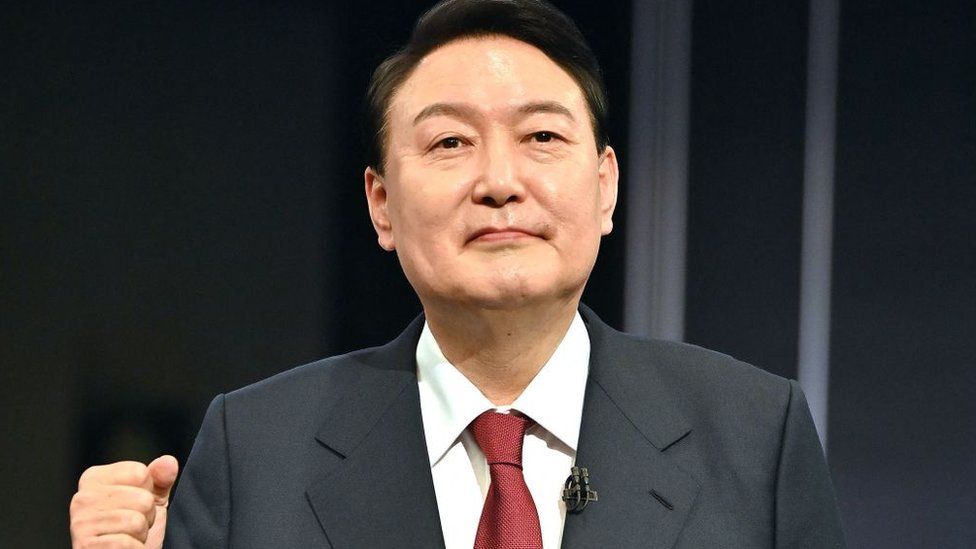Current News in South Korea: A Critical Overview
As of December 4, 2024, South Korea is experiencing significant political turmoil, primarily revolving around the recent declaration and subsequent lifting of martial law by President Yoon Suk Yeol. This situation has sparked widespread protests and clashes between police and demonstrators, reflecting deep divisions within the country.
Martial Law Declaration and Lifting
On December 3, 2024, President Yoon Suk Yeol announced an emergency martial law during a televised briefing, citing the need to address what he described as anti-state activities by the opposition, which he accused of paralyzing the government and sympathizing with North Korea. This declaration came as a shock to many, leading to immediate public outcry and protests across the nation.
Just hours after the declaration, as protests escalated, President Yoon convened a cabinet meeting and decided to lift the martial law. This decision was made in response to the overwhelming public dissent and the pressure from lawmakers who opposed his actions. The lifting of martial law occurred approximately six hours after its announcement, indicating a rapid shift in the political landscape.
Protests and Public Response
The protests that erupted following the martial law declaration were marked by significant public participation, with many citizens taking to the streets to express their discontent with President Yoon's administration. Demonstrators called for his removal from office, highlighting the growing frustration with his leadership and the perceived authoritarian measures being implemented.
Reports indicate that police clashed with protesters, leading to a tense atmosphere in major cities, particularly in the capital, Seoul. The situation has drawn international attention, with various news outlets covering the unfolding events live.

Key Developments in the Situation
President Yoon's Justification: In his initial announcement, Yoon justified the martial law as a necessary measure to protect the nation from what he termed threats posed by the opposition. He claimed that the opposition's actions were undermining the stability of the government and the country.
Political Backlash: The declaration of martial law faced immediate backlash from opposition parties and civil rights groups, who argued that such measures were excessive and undemocratic. Lawmakers quickly moved to challenge Yoon's authority, leading to a vote in parliament aimed at overturning his order.
International Reactions: The international community has expressed concern over the situation in South Korea. Observers are closely monitoring the developments, particularly given the historical context of military rule in the country and the ongoing tensions with North Korea.
Media Coverage: Major news organizations, including The New York Times, BBC, Sky News, and Reuters, have provided extensive coverage of the events, offering live updates and analysis of the political climate in South Korea. The situation remains fluid, with new developments occurring rapidly.
Current Status and Future Implications
As of now, the lifting of martial law has not quelled public dissent. Protests are expected to continue as citizens demand accountability from their leaders. The political landscape in South Korea is precarious, with the potential for further unrest if the government fails to address the concerns of its citizens.

Looking Ahead
The situation in South Korea serves as a reminder of the delicate balance between government authority and civil liberties. The recent events have reignited discussions about the role of the military in politics and the importance of democratic governance. As the nation navigates this crisis, the actions of President Yoon and the responses from the public and opposition parties will be critical in shaping the future of South Korea's political landscape.
For those interested in following the latest developments, various news platforms are providing ongoing coverage. Here are some key resources:
- New York Times - Live Updates
- Yahoo UK - Latest Live Updates
- Sky News - Martial Law Updates
- BBC - Live Coverage
- Reuters - Live Updates
In conclusion, the current events in South Korea highlight the complexities of governance in a democratic society, especially in times of crisis. The actions taken by President Yoon and the responses from the public will undoubtedly have lasting implications for the country's political future.





